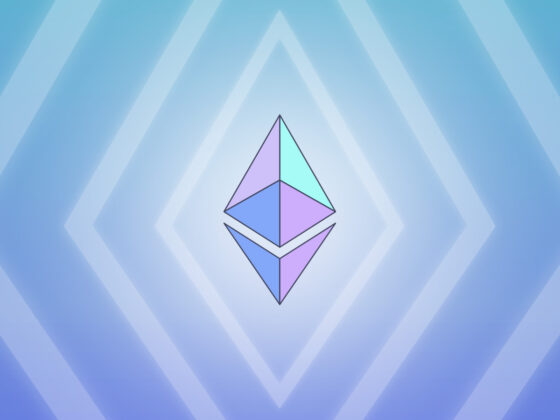A new compensation report from the Protocol Guild (PG) shows that most Ethereum core developers work for less than half of what they could earn elsewhere.
The survey, which gathered responses from 111 of the group’s 190 members across 11 organizations, paints the clearest picture yet of how underpaid the builders of Ethereum’s core infrastructure remain.
According to the findings, the typical Ethereum core contributor earns an average of $157,939, which is around 60% below the average $359,074 market compensation offered by competing firms.
Notably, these developers are also provided with little or no equity or token incentives, while the median competing firm offers around 7% equity grant.
The report furthered that nearly 40% of respondents received final job offers from other companies within the past year, highlighting how competitive the talent market has become.
However, many of these core contributors continue to turn down higher-paying roles to remain focused on maintaining the Ethereum network.
Speaking about these numbers, Ethereum developer Phil Ngo described core contributors as “selfless people” working under financial strain because they believe in building a financial system not ruled by traditional gatekeepers.
According to him:


Don't Get Left Holding the Bag
Join The Crypto Investor Blueprint — 5 days of pro-level strategies to turbocharge your portfolio.
Brought to you by CryptoSlate
“Most I know are foregoing the money because they believe in somETHing. That something is a world not ruled by the TradFi status quo, that nobody alone, nor a cartelized group of people can change the system.”
Risk for Ethereum
However, the report warned that this underpayment poses long-term risks to the blockchain network.
According to the report, Ethereum’s technical roadmap depends on retaining top-tier talent, but the lack of competitive compensation threatens both retention and execution.
Several industry experts shared this view, pointing out that Ethereum is the second-largest blockchain network and is playing a significant role in the evolution of the financial industry.
Considering this significant role, they noted that the developers should be well compensated to avoid jeopardizing Ethereum’s “credible neutrality.”
Ngo said:
“I wholeheartedly agree that it is unacceptable to pay half the market rate of an equivalent engineer to literally keep a $400 billion network alive and decentralized.”
Legal expert Gabriel Shapiro agreed, arguing that developers should share in the upside of the network they secure.
As a result, he suggested paying contributors partly in locked ETH, while stressing that:
“Relying on the next Eigenlayer to make a token donation to Protocol Guild is not a strategy.”














